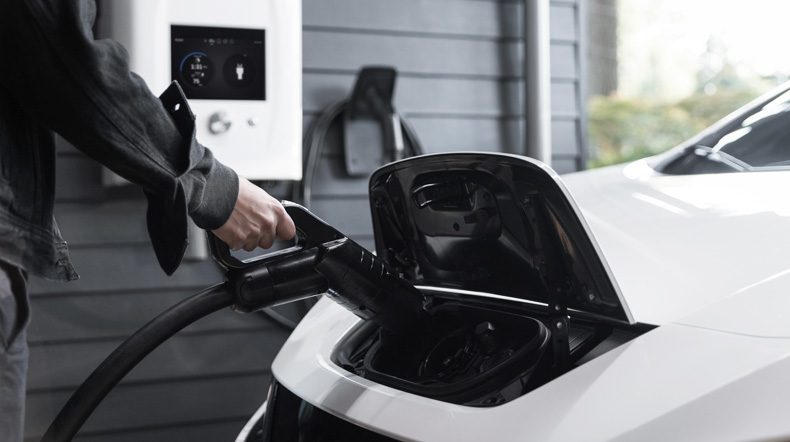Clean, green, electric performance
Featured speaker at SBN / 3R Business Connector event in September.
An electric-powered vehicle is certainly nothing new, the earliest date back to the mid-1800s. But it’s only in recent years they have begun to gain a foothold in the light vehicle market in New Zealand.
Today some 15 major car manufacturers, from Porsche to Hyundai and Jaguar to Nissan make EVs in a range of models from luxury and sports cars to family hatchbacks and SUVs.
Unison in Hastings offered the use of their offices as the venue for the September Business Connector event. Their Customer Solutions Manager and EV owner Nigel Purdy says the benefits of making the switch to an electric-powered vehicle are undeniable. The first big advantage, he says, is the low cost of charging them – something which is equivalent to paying 30 cents per litre of fuel for a standard petrol vehicle.
Another pro is their considerably lower pollution profile, with EVs resulting in 80% fewer CO2 emissions than petrol vehicles. “When taking the total CO2, emissions for the entire lifecycle of an EV into account it results in an emissions reduction of 60%, compared to a petrol vehicle,” Nigel says.
EVs also require little to no maintenance as there are very few moving parts. “There is a bit of joke with EV drivers that doing a service is topping up the window washing water and checking the tyre pressure.”
The issue of range is often something naysayers put to EV owners, but Nigel points out that 90% of car travel in New Zealand is over distances of less than 90km. The latest EV car models coming onto the market are also capable of impressive ranges, with Hyundai claiming a range of over 400km for its recently released Kona SUV.
The initial purchase price is another sticking point for consumers, with EVs being costlier than their petrol counterparts. However, Nigel points out that the cheap running costs over the life of an EV brings the total cost of buying and running one in line with petrol alternatives.
“As technology improves and competition grows, there will also be a natural lowering of the price of EVs. The second-hand market is also a good option – that is how I bought my EV,” he says.
Lifespan of the batteries is something would-be EV owners worry about. However, manufacturers are increasingly offering warranties of up to 8 years or more. Even then, a battery which has a depleted ability to hold charge can still be used for round town trips, Nigel says.
There is also potential, as is done in some countries, for old EV batteries to be used to store power from solar panels in homes for use at night, he says. Batteries can also be replaced and repaired.
Unison has been working to increase the uptake in EV ownership through the instillation of public fast-charge stations in Napier, Hastings, Rotorua and Taupo as well as on State Highway 5 between Napier and Taupo and on SH2 between Napier and Wairoa. “Three or four years ago there were no charging stations in the region,” Nigel says.
“Range anxiety” is a big cause for the lack of uptake in EVs, he says, but having a network of public fast-charge stations solves this problem.
Owning an EV also requires a bit of a mindset change, Nigel says. Car owners have become so accustomed to going to a petrol station the idea of ‘filling’ their vehicle at home by putting it on charge is a difficult one to get used to.
“Some consumers think that if you have an EV you have to use one of the public charge stations, but of course you don’t – any three-point socket at home is a charging point for your EV.”
You can view his presentation here.







